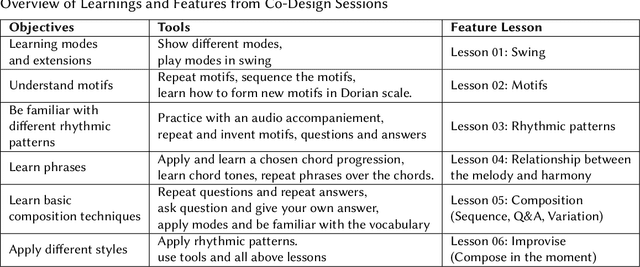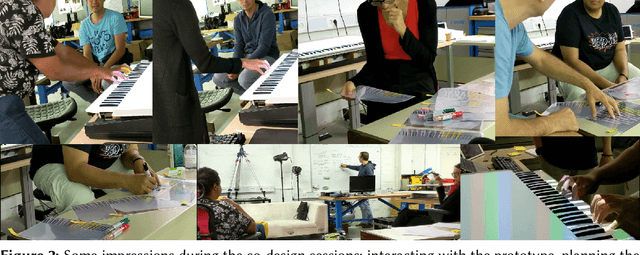Klen Čopič Pucihar
Teaching Shortest Path Algorithms With a Robot and Overlaid Projections
Nov 23, 2024Abstract:Robots have the potential to enhance teaching of advanced computer science topics, making abstract concepts more tangible and interactive. In this paper, we present Timmy-a GoPiGo robot augmented with projections to demonstrate shortest path algorithms in an interactive learning environment. We integrated a JavaScript-based application that is projected around the robot, which allows users to construct graphs and visualise three different shortest path algorithms with colour-coded edges and vertices. Animated graph exploration and traversal are augmented by robot movements. To evaluate Timmy, we conducted two user studies. An initial study (n=10) to explore the feasibility of this type of teaching where participants were just observing both robot-synced and the on-screen-only visualisations. And a pilot study (n=6) where participants actively interacted with the system, constructed graphs and selected desired algorithms. In both studies we investigated the preferences towards the system and not the teaching outcome. Initial findings suggest that robots offer an engaging tool for teaching advanced algorithmic concepts, but highlight the need for further methodological refinements and larger-scale studies to fully evaluate their effectiveness.
* 10 pages, 12 references, 3 figures
Teach Me How to ImproVISe: Co-Designing an Augmented Piano Training System for Improvisation
Feb 05, 2024


Abstract:Improvisation is a vital but often neglected aspect of traditional piano teaching. Challenges such as difficulty in assessment and subjectivity have hindered its effective instruction. Technological approaches, including augmentation, aim to enhance piano instruction, but the specific application of digital augmentation for piano improvisation is under-explored. This paper outlines a co-design process developing an Augmented Reality (AR) Piano Improvisation Training System, ImproVISe, involving improvisation teachers. The prototype, featuring basic improvisation concepts, was created and refined through expert interaction. Their insights guided the identification of objectives, tools, interaction metaphors, and software features. The findings offer design guidelines and recommendations to address challenges in assessing piano improvisation in a learning context.
 Add to Chrome
Add to Chrome Add to Firefox
Add to Firefox Add to Edge
Add to Edge